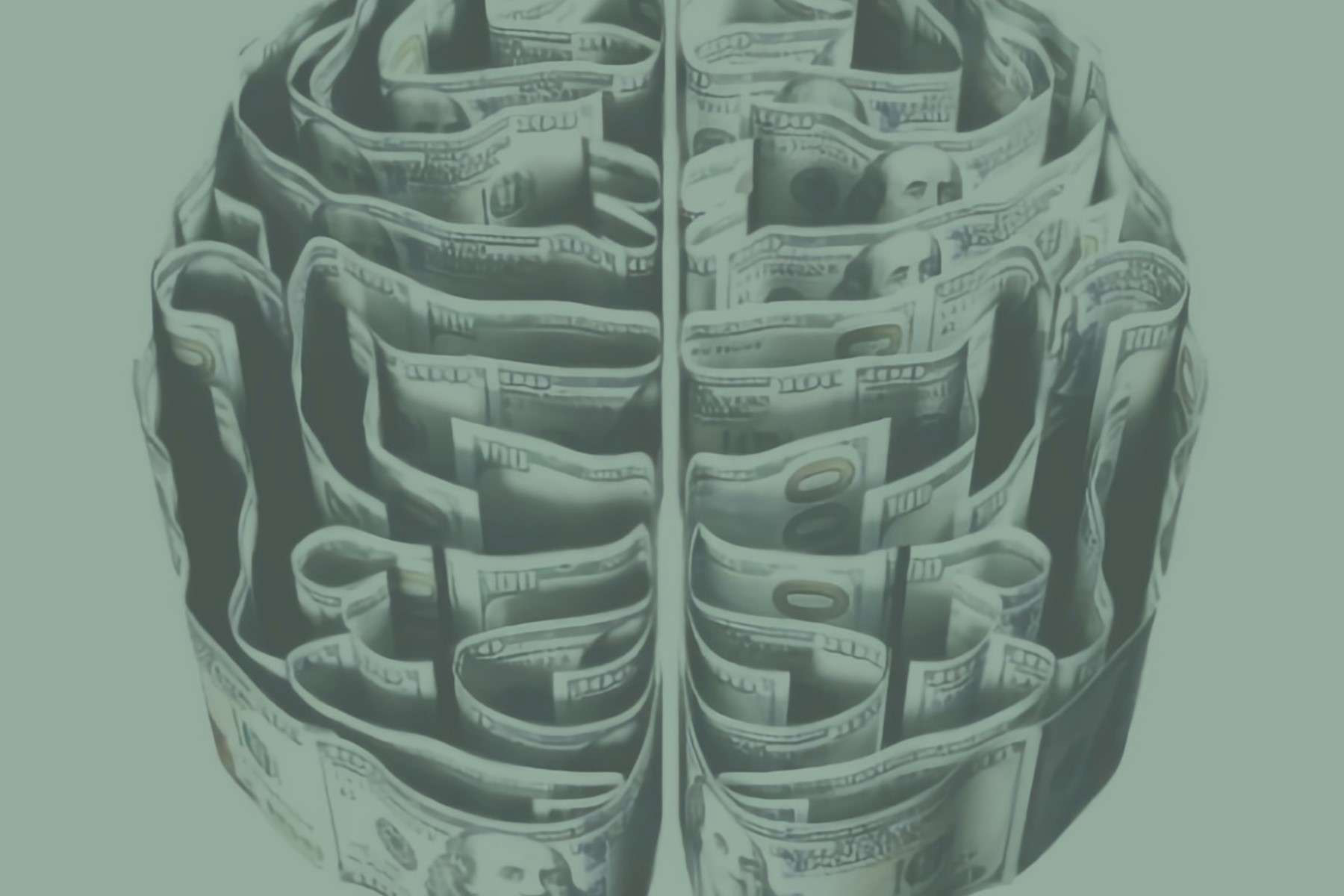
India is the world's biggest democratic nation, and politics can be seen in every nook and corner of the country. Politics is perhaps the most uncertain and yet the most intriguing topic of all time. It can idealize society and weaken it at the same time. Many citizens blame their own elected politicians after they charge the society in their own way. There are numerous ways to understand why do we elect the people that we don't like afterward? There is a wide mixture of cultural, social, and economical aspects in Indian politics, but there are some psychological facts that perhaps contribute to the scene of politics.
Confidence promotes confidence:
A confident leader can effortlessly win several hearts with his or her conviction. Multiple studies suggest that confident people are more convincing in nature. Most studies give examples of a courtroom situation, where a confident witness seems more convincing than a hesitant one, which can effortlessly manipulate justice. Politicians are certainly aware of the confidence factor in politics. All the media training and PR management works to boost the confidence of a politicians. Many people think that only smart people are confident in front of everyone. But the Dunning-Kruger effect explains that less-smart people are usually exceptionally confident. But this effect can also backfire sometimes because human nature can be dynamic.
Most people avoid politics because they think it is complicated:
Leading a nation with the world's second largest population, all of which have different needs and demands is a difficult job to do. There are so many possibilities that prefer to be considered, and thus, politics become very complicated in nature. Numerous people don't get entirely involved in analyses and debates about complex political matters. Citizens try to ignore the things that they don't understand in politics and even Parkinson’s law of triviality justifies that people focus more on the trivial topics that they understand, and ignore the complex topics that they don't understand. Ignorance leads to wrong political decisions.
People like to relate their own ideologies with their politicians:
Most of the humans carry a great pride to their personal and communal ideologies. These ideologies are often based on the cultural and social upbringing of people. Numerous people in the society are inclined to multiple subconscious discriminations, stereotypes and prefer their own community over other parts of the society. Politicians take advantage of this normal human psychology to win any type of elections. Several politicians try to manipulate the minds of people with religious and cultural distinct speeches, and it works most of the time. Even a politician with odd and controversial agendas can win, if he or she manages to captivate the communal beliefs.
Politics is greatly relevant to human psychology,
and it can affect the entire election process. The people who run the
government should think outside the norms of the society and also their
personal and communal beliefs. Bias decisions lead to unpleasant results, and
citizens later regret their choices in politics. Even citizens should think
outside their own prejudice beliefs and should worry about the factual crises
for the welfare of the society.
___________________________________________________________________
Reference:
